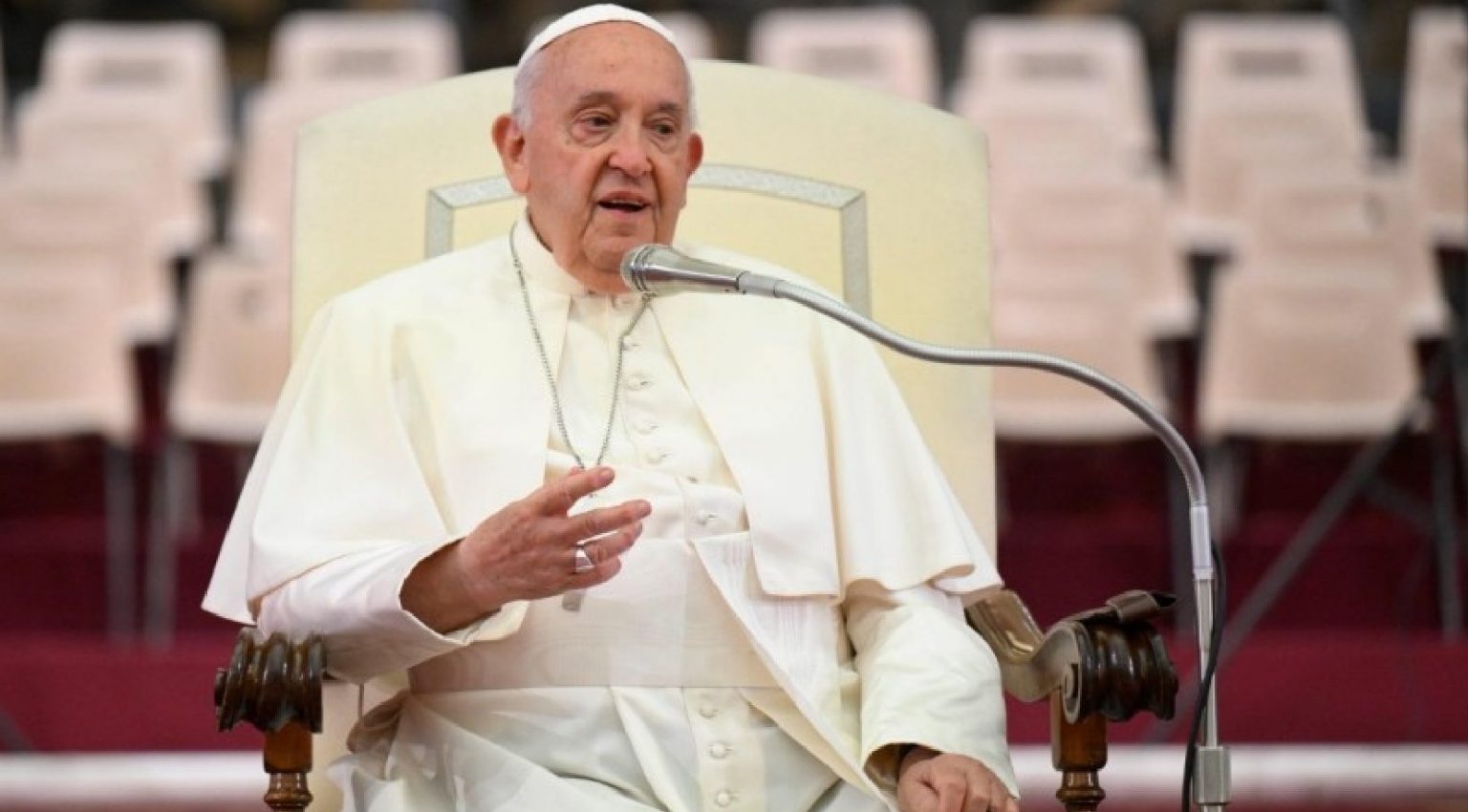Pope Francis has reignited global debate with his recent remarks suggesting that actions in Gaza might meet the criteria for genocide, urging further investigation into these claims. His comments, included in his newly published book «Hope Never Disappoints: Pilgrims Toward a Better World,» have drawn international attention and criticism, particularly from Israeli officials and advocacy groups.
A Controversial Passage
In the book, Francis reflects on contemporary global conflicts, including the humanitarian crisis in Gaza. While addressing broader themes of displacement and solidarity, he states:
“According to some experts, what is happening in Gaza bears the characteristics of a genocide. This must be examined closely to determine if it aligns with the technical definition established by international law.”
This statement, now making headlines worldwide, has prompted polarized reactions. It follows his acknowledgment of dire conditions in Gaza, where 2.3 million Palestinians face limited access to essential resources such as food, water, and medical care.
Criticism and Defense
The remarks were swiftly condemned by Israel’s ambassador to the Holy See and the Combat Antisemitism Movement (CAM), who accused the Pope of inflammatory rhetoric. Critics argue that his words could exacerbate tensions in an already volatile situation.
However, proponents of the Pope’s position highlight a recent United Nations committee report that alleged Israel’s policies in Gaza may align with the characteristics of genocide. The report accuses Israel of using hunger as a weapon of war and enacting discriminatory practices in violation of international law.
The Role of the Vatican
The Vatican has yet to officially comment on the inclusion of the controversial passage in the book. Published under the supervision of journalist Hernán Reyes Alcaide, the volume spans topics such as migration, climate change, technology, and peace. The process by which the Gaza-related remarks were included remains unclear, raising questions about whether they reflect official Vatican policy.
A Larger Context of Justice and Peace
This is not the first time Pope Francis has addressed Middle Eastern conflicts with a call for justice and humanitarian concern. In the book, he praises nations like Jordan and Lebanon for their openness to refugees and highlights the moral imperative of solidarity in the face of suffering.
The Pope’s emphasis on the need for investigation rather than outright condemnation aligns with his broader vision of reconciliation and accountability. Still, the diplomatic fallout underscores the complexities of addressing contentious geopolitical issues from a spiritual and moral platform.
Looking Ahead
The Pope’s remarks coincide with ongoing international scrutiny of Gaza’s humanitarian crisis and a broader reckoning over the interpretation of genocide under international law. Whether his words will galvanize action or deepen divides remains to be seen.
Meanwhile, the Vatican’s silence on the matter leaves space for interpretation, fueling both hope and controversy as global leaders grapple with the implications of Francis’s provocative statement.
By Valentina di Giorgio | Zenit






